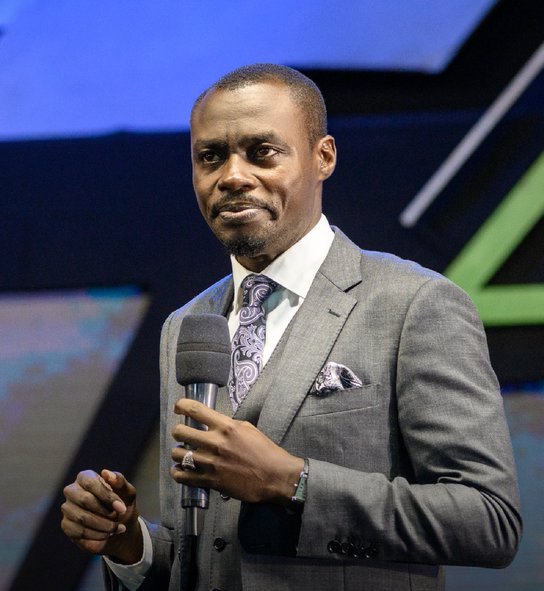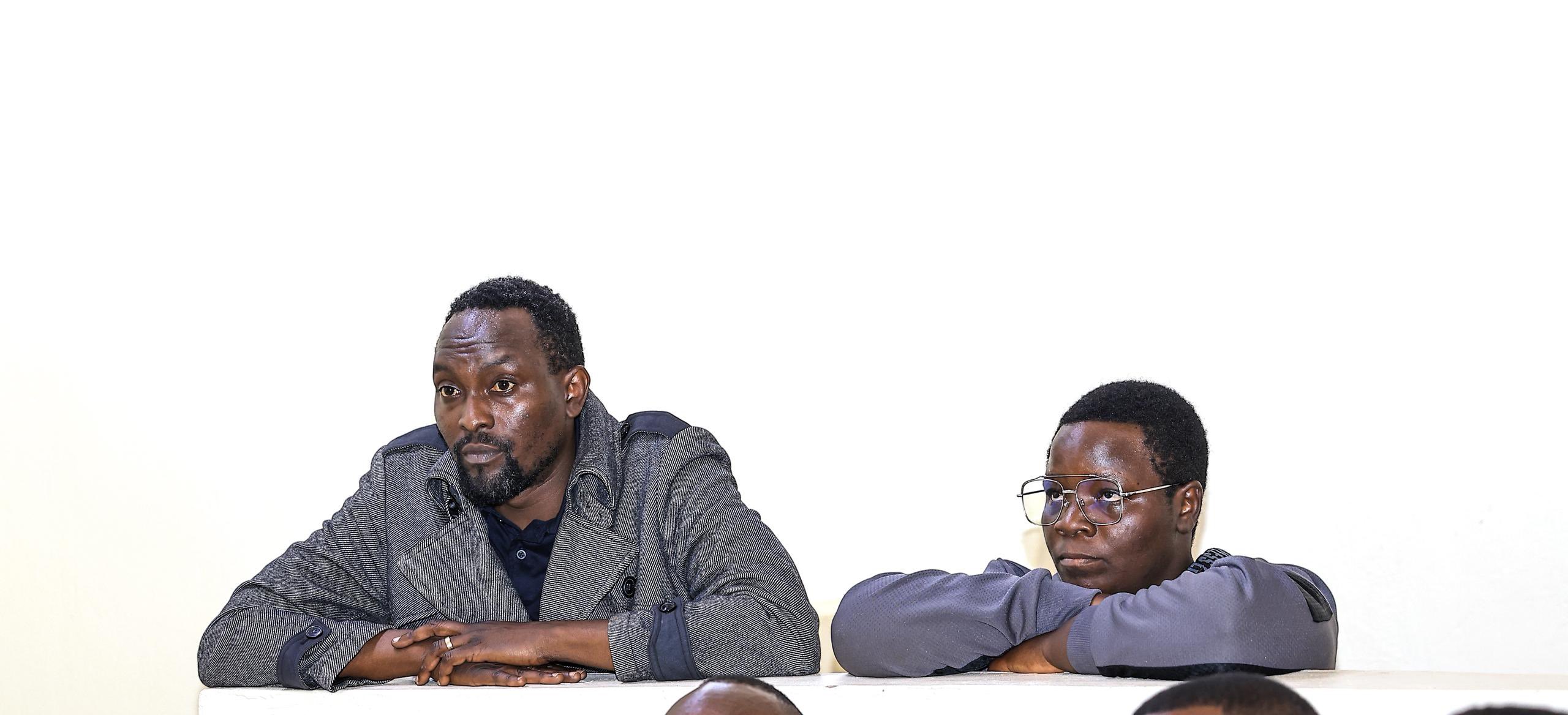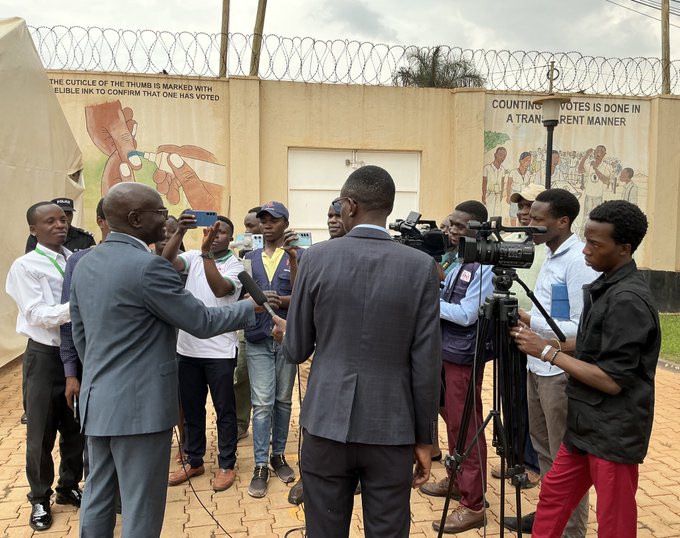From Pulpits to Progress: Should churches also build schools and hospitals?
The criticism has ignited a deeper conversation: Should religious leaders and influential believers channel their resources not only into places of worship but also into schools, hospitals, and community development projects?

As social media continues to shape public discourse, a fresh debate is stirring Ugandan cyberspace—this time at the intersection of faith, philanthropy, and development. The firestorm was sparked by revelations that former Foreign Affairs Minister Sam Kutesa built a church in his hometown after receiving treatment in a hospital in Germany. While some hail it as a gesture of gratitude to God, others question the priorities, asking: “Why not build a hospital instead?”
The criticism has ignited a deeper conversation: Should religious leaders and influential believers channel their resources not only into places of worship but also into schools, hospitals, and community development projects?
Kutesa, who reportedly survived a serious illness, chose to build a magnificent church—a gesture he described as an offering of thanksgiving to the Almighty. “It was my covenant with God,” a source close to the family quoted him. But on X (formerly Twitter), many Ugandans were less impressed.
“You went to Germany for treatment, got healed, and came back to build a church? What about building a hospital so others can also be saved?” one user posted, garnering over 5,000 likes and hundreds of comments.
Others chimed in with similar sentiments, pointing out Uganda’s struggling health system, where some patients die from treatable conditions due to lack of facilities or medicine.
The Role of Faith in Nation-Building
Uganda is home to thousands of churches, mosques, and prayer centers. While these serve the critical role of nourishing spiritual life, critics argue that religious institutions have enough power and resources to do more. According to the Uganda Bureau of Statistics (UBOS), religious organizations collectively own over 40% of schools and many health facilities, particularly in rural areas. Yet, the expansion has slowed in recent years as more investments go into cathedrals, mega crusades, and televised ministries.
Bishop Joseph Eciru of the Catholic Diocese of Soroti once said, “A church that does not serve the needs of the people outside Sunday sermons is out of touch with Christ’s mission.”
Not all religious gestures stop at stained glass and pews. The Church of Uganda operates over 850 health units and hundreds of schools. Watoto Church, based in Kampala, runs orphanages and schools for vulnerable children. Similarly, the Uganda Muslim Supreme Council has built clinics in underserved districts like Yumbe and Kiboga.
Yet, the concern remains that individual believers with wealth—especially those in political or business circles—often overlook critical infrastructure when choosing how to express their faith through giving.
The debate has drawn in not just netizens but also public figures. Pastor Martin Ssempa, known for his bold opinions, countered that “people have the right to honor God however they choose. “Let’s not pretend. A hospital didn’t heal him—God did, using the hospital. That church is a testimony,” he said.
Analysts say this conversation could mark a turning point in how Ugandans view faith-based giving. “The question isn’t whether building churches is wrong—it’s about proportionality and impact,” says Dr. Sarah Nakintu, a theologian and development expert. “Imagine if every prominent believer who built a church also built a maternity ward or a vocational school.”
As the debate continues, one thing is clear: Ugandans are demanding more than prayers—they want progress. And perhaps, the new covenant between faith and society should include hospitals with healing hands, schools with open books, and churches with open hearts.







